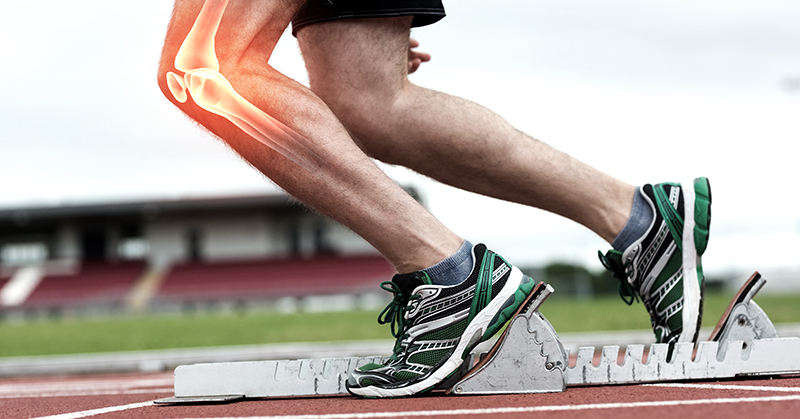When you think of your bones and your brain you might not consider that they are intimately linked. Of course, the brain tells your muscles how to move your bones, but that’s about it, right?
There’s a lot more to it, say researchers who are learning about the association between brain health and bone health.
This isn’t the first time I’ve cast a spotlight on the bone-brain connection. In the past, I shared the results of a study regarding the bone-derived hormone osteocalcin, which is necessary for both brain development and healthy brain and memory function.1
Now, a new study published in the journal Neurology, suggests that people with high bone density maintain sharper memories than those with weaker bones. In fact, if you have low bone density you’re at a 42 percent higher risk for dementia.2
Over 55 million people world-wide have dementia, a number that’s expected to increase. Meanwhile, approximately ten million Americans have the bone-weakening disease osteoporosis, and another 44 million have low bone density, placing them at increased risk of bone fracture, and yes, dementia.3
The Surprising Link Between Your Bones And Your Brain
For this new study, researchers in the Netherlands evaluated health data and the X-rays of 3,651 people who participated in the large Rotterdam Study. They had an average age of 72. Researchers interviewed all the participants every four to five years and completed physical exams, including X-rays and screening for dementia.
At the beginning of the study, none of the participants had a dementia diagnosis. However, over the next 11 years, Dr. Mohammad Arfan Ikram and his team observed a surprising shift.
They found that 19 percent of the men and women went on to develop dementia. Furthermore, among the 1,211 people with the lowest bone density, 90 people developed dementia within ten years. Conversely, of the 1,211 people with the highest bone density, 57 developed dementia within ten years.
42 Percent Higher Dementia Risk If You Have Low Bone Density
So, after crunching the numbers and adjusting for age, gender, education, illnesses, and family history of dementia, researchers reported that those with weaker bones were 42 percent more likely to develop dementia.
Dr. Ikram explained, saying, “Low bone density and dementia are two conditions that commonly affect older people simultaneously, especially as bone loss often increases due to physical inactivity and poor nutrition during dementia.”
Dr. Ikram added that little is known about bone loss that occurs in the period leading up to dementia. “Our study found that bone loss indeed already occurs before dementia and thus is linked to a higher risk of dementia.” Dr. Ikram goes on to say further research is warranted to determine whether or not this is a coincidence linking these two common age-related conditions.
The Takeaway
I suspect there is a stronger link between brain and bone health than was once believed. In fact, I believe this is a reasonable finding because there are a few common denominators between dementia and bone loss. Both diseases are closely linked to age. Additionally, inflammation plays a role in both disorders.
Diet, nutrition, and lifestyle influence both bone and brain health. And this is why I say it’s never too late to make your lifestyle a priority. For instance, incorporating plenty of physical activity, including bone-supporting resistance training, is essential. Eating a nutritious, well-balanced diet, taking calcium, vitamin D3, and vitamin K2 supplementation can help, too.
That’s why our sister company, Green Valley Natural Solutions, developed Bone and Muscle Defense. It contains the patented nutrient OsteoSine®, to support healthy bones, and is rounded out with clinical dosages of Vitamin D3, a potent and patented form of K2 called K2Vital®, Magnesium, and L-Carnitine, for the most complete bone and muscle support formulation available today. Learn more about it here.
Finally, limit alcohol, prioritize sleep, don’t smoke, manage stress, and find ways to stay socially connected. Each of these diet and lifestyle changes can make a huge difference in your bone and brain health today and tomorrow.
Best Regards,
The Awakening From Alzheimer’s Team
1 https://awakeningfromalzheimers.com/want-a-healthy-brain-look-to-your-bones/
2 https://n.neurology.org/content/early/2023/03/22/WNL.0000000000207220
3 https://www.bonehealthandosteoporosis.org/wp-content/uploads/2015/12/Osteoporosis-
Fast-Facts.pdf







